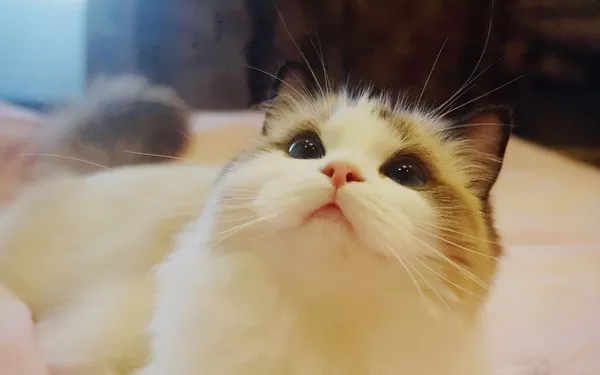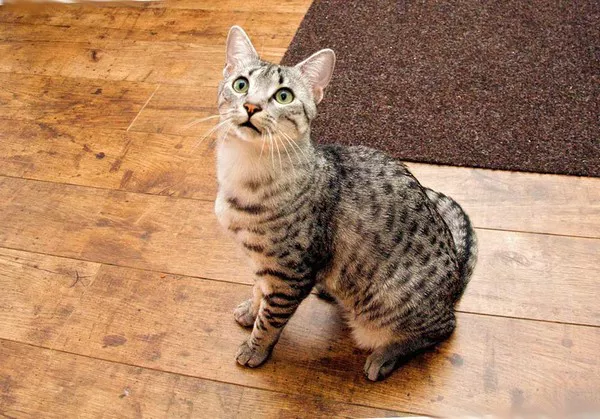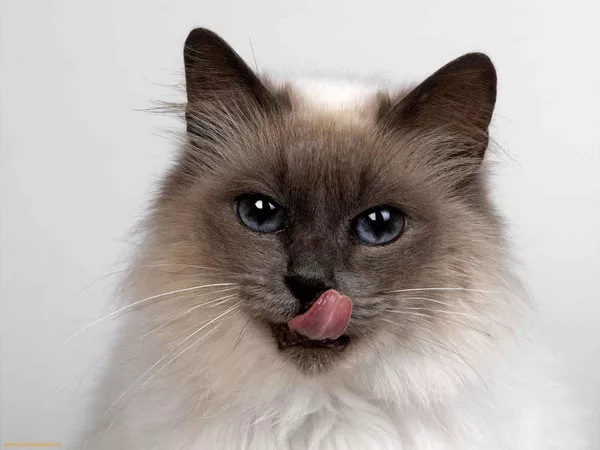As a responsible pet owner, ensuring the health and well-being of your feline companions is paramount. Vaccinations play a crucial role in safeguarding cats and kittens from a range of preventable diseases. Understanding the appropriate vaccination schedule for cats and kittens is essential to providing them with a strong foundation of immunity. In this comprehensive guide, we will explore the key vaccinations, their timing, benefits, and the importance of adhering to a vaccination plan. By following a proper vaccination schedule, you can help ensure a long, healthy, and happy life for your beloved cats and kittens.
The Importance of Vaccinations for Cats and Kittens
1. Disease Prevention: Vaccinations are designed to prevent the onset of serious and potentially fatal diseases in cats and kittens. These diseases can be highly contagious and challenging to treat once contracted.
2. Building Immunity: Vaccinations stimulate the immune system to produce antibodies that defend against specific pathogens. This immune response helps the body recognize and fight off infections more effectively.
Core Vaccinations for Kittens
1. Feline Distemper (Panleukopenia): Feline distemper is a highly contagious viral disease that affects a kitten‘s gastrointestinal and immune systems. Vaccination helps prevent severe dehydration and gastrointestinal distress.
2. Feline Herpesvirus and Calicivirus: These viruses cause upper respiratory infections in cats and kittens. Vaccination reduces the severity and frequency of respiratory symptoms.
3. Rabies: Rabies is a deadly virus that can affect both cats and humans. Vaccination is essential to prevent the spread of this zoonotic disease and ensure public health safety.
Recommended Vaccinations for Adult Cats
1. Feline Leukemia Virus (FeLV): FeLV is a common viral infection that can weaken a cat‘s immune system and lead to various health issues. Vaccination is recommended for cats at risk of exposure, such as those that roam outdoors or live in multi-cat households.
2. Feline Immunodeficiency Virus (FIV): FIV weakens a cat’s immune system and can lead to other infections. While no vaccine provides full protection, discussing FIV vaccination with your veterinarian is important for at-risk cats.
Vaccination Schedule for Kittens
1. 6-8 Weeks Old: Kittens typically receive their first round of vaccinations, including feline distemper, herpesvirus, and calicivirus vaccines. This initial vaccination primes their immune system.
2. 10-12 Weeks Old: The second round of vaccinations is administered, reinforcing immunity to feline distemper and respiratory viruses. Rabies vaccination may also begin at this stage.
3. 14-16 Weeks Old: The final round of core vaccinations is given, completing the series. This stage may also include the rabies vaccine, depending on local regulations.
Adult Cat Vaccination Schedule
Annually: Adult cats typically receive booster vaccinations for feline distemper, herpesvirus, calicivirus, and rabies annually. Depending on their lifestyle, FeLV and FIV vaccinations may also be administered.
Consultation with a Veterinarian
1. Individualized Approach: Consulting with a veterinarian is crucial to developing a tailored vaccination plan for your cat or kitten. Veterinarians consider factors such as age, health status, lifestyle, and local disease prevalence.
2. Potential Side Effects: While vaccinations are generally safe, some cats may experience mild side effects such as lethargy or mild fever. Severe reactions are rare but should be promptly reported to a veterinarian.
Additional Precautions and Care
1. Isolation for Kittens: Until fully vaccinated, it’s advisable to keep kittens indoors to minimize exposure to potential pathogens. This precaution helps protect their vulnerable immune systems.
2. Regular Veterinary Visits: Regular check-ups allow veterinarians to monitor your cat’s overall health and adjust the vaccination schedule if needed. Dental care, nutrition, and parasite control are also important aspects of feline well-being.
Conclusion
In conclusion, the cat and kitten vaccination schedule is a vital tool in safeguarding the health and longevity of your feline companions. Proper vaccinations protect against a range of preventable diseases and contribute to public health by reducing the spread of zoonotic infections. Adhering to a well-planned vaccination schedule, in consultation with a veterinarian, ensures that your cats and kittens receive the appropriate immunizations at the right times. By taking this proactive approach, you provide your furry friends with the best chance for a vibrant, active, and disease-free life. Remember, vaccinations are a cornerstone of responsible pet ownership, and your commitment to their health is a reflection of the love and care you have for your cherished feline companions.


























